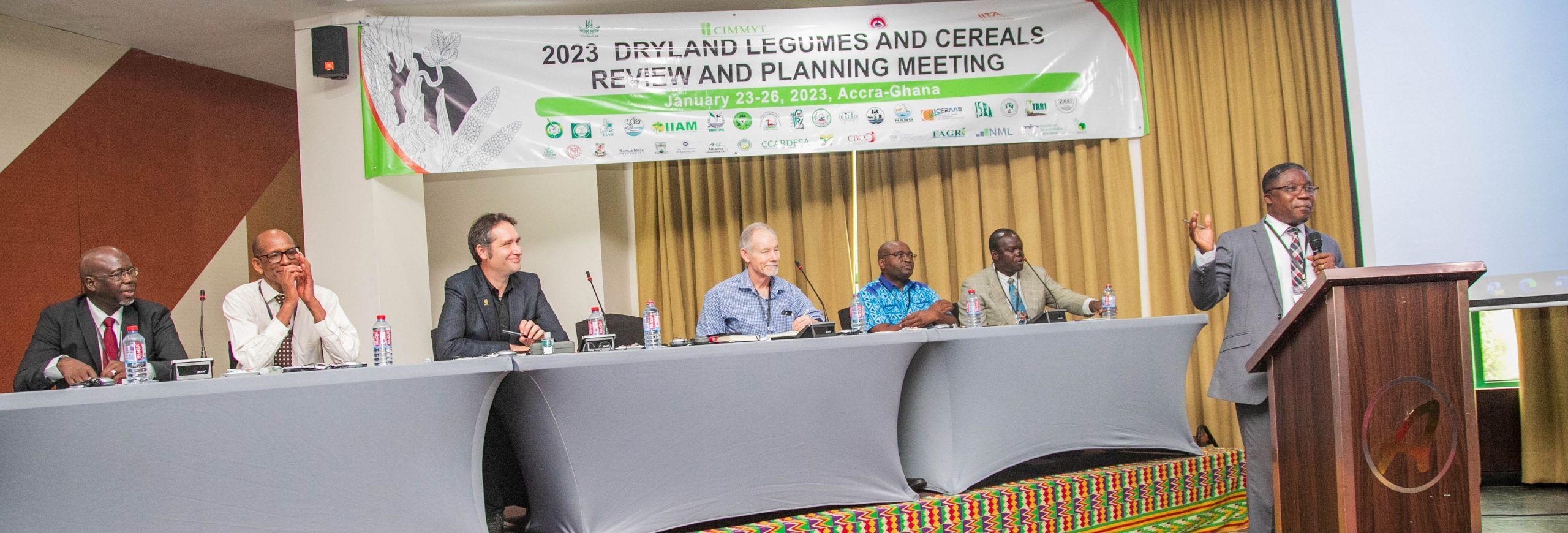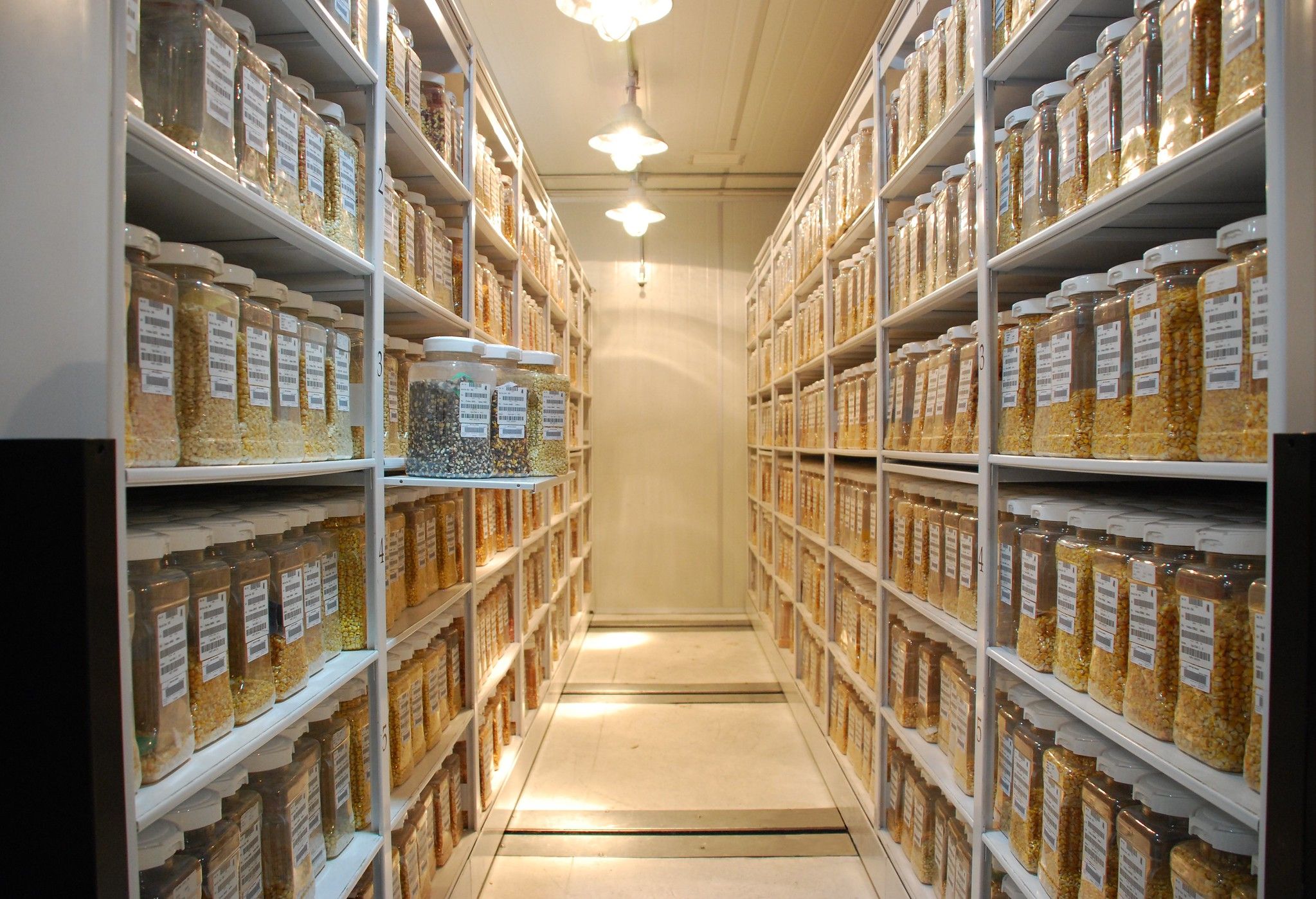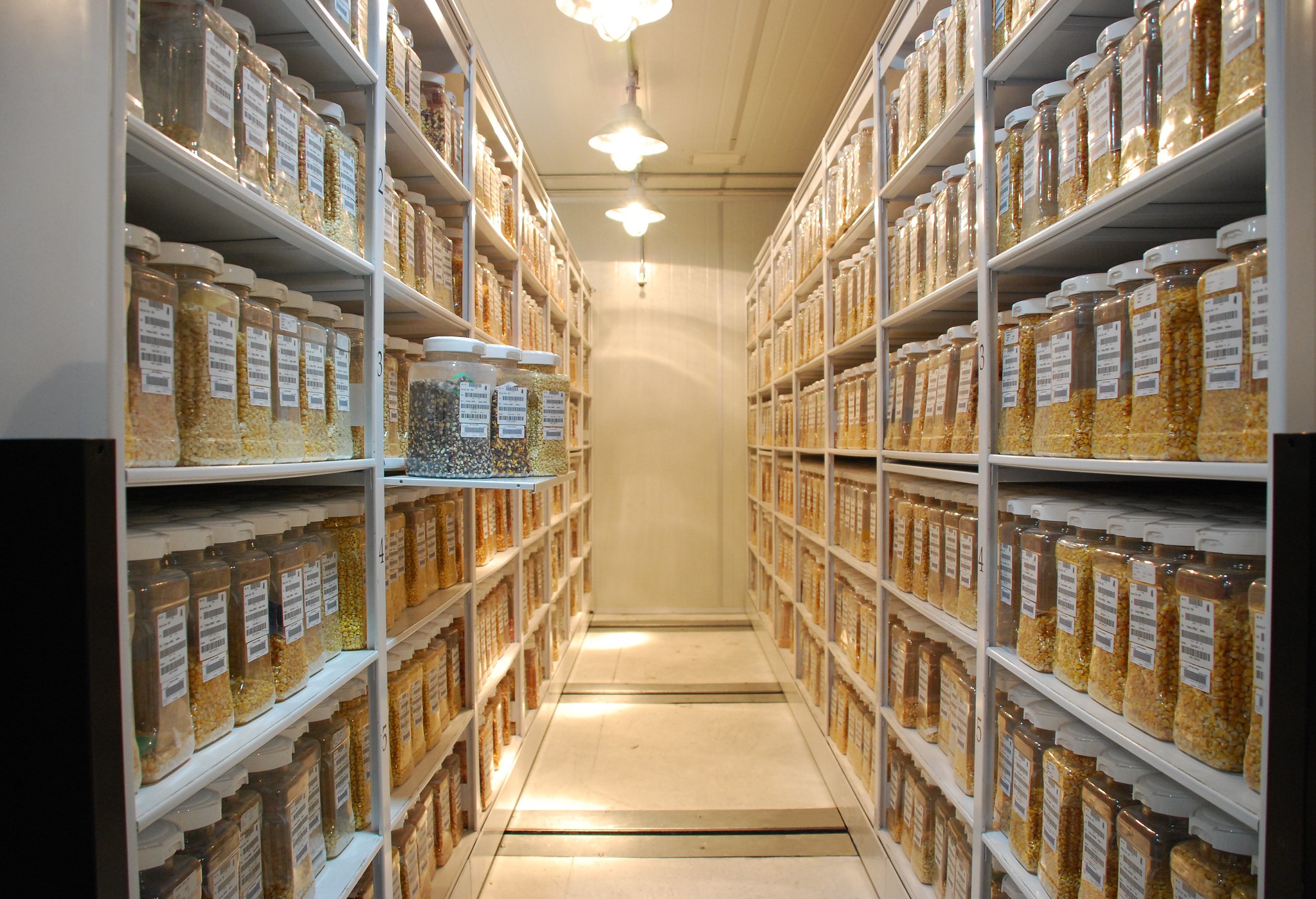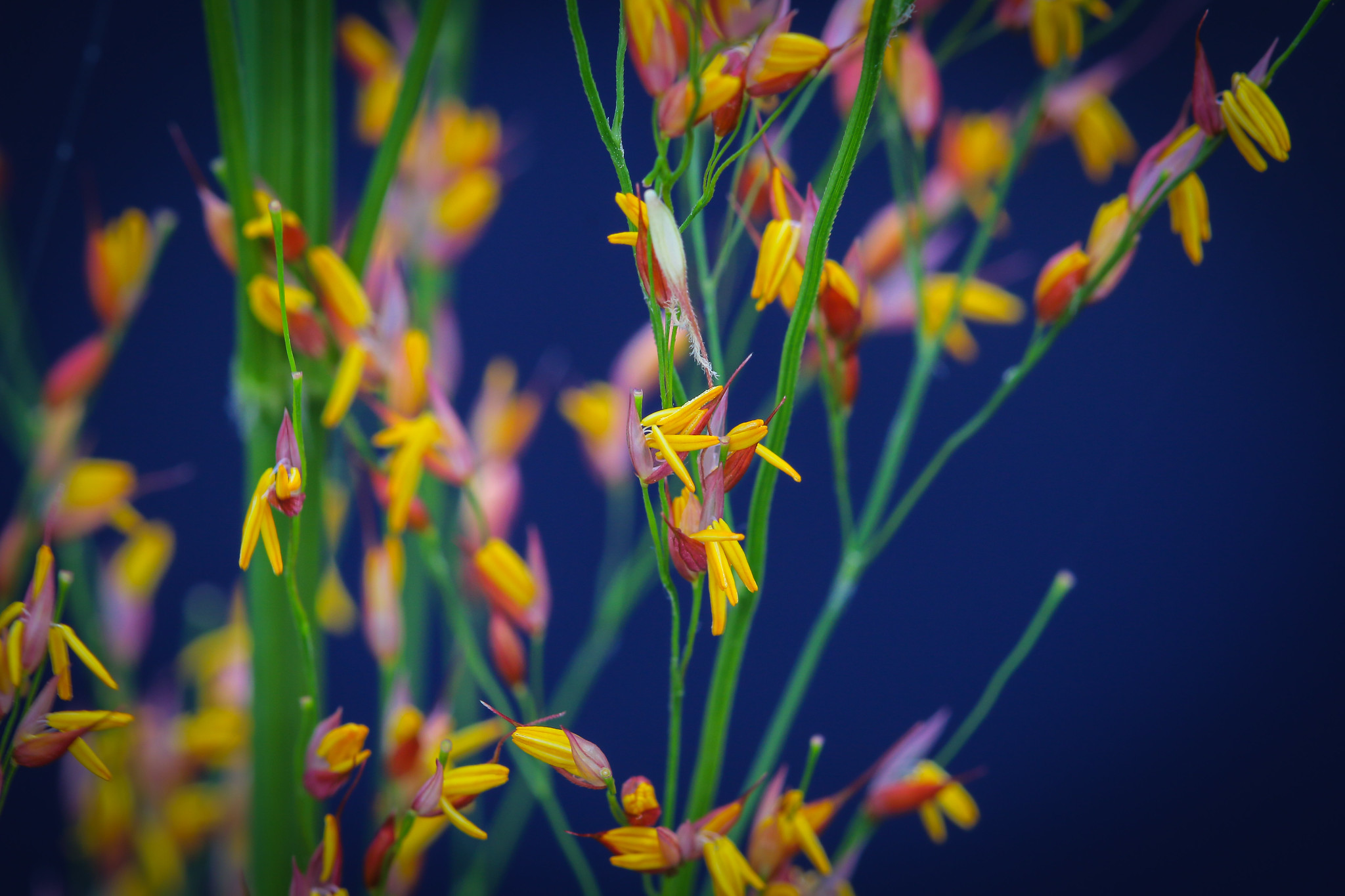Scaling impact of dryland crops research through regional crop improvement networks
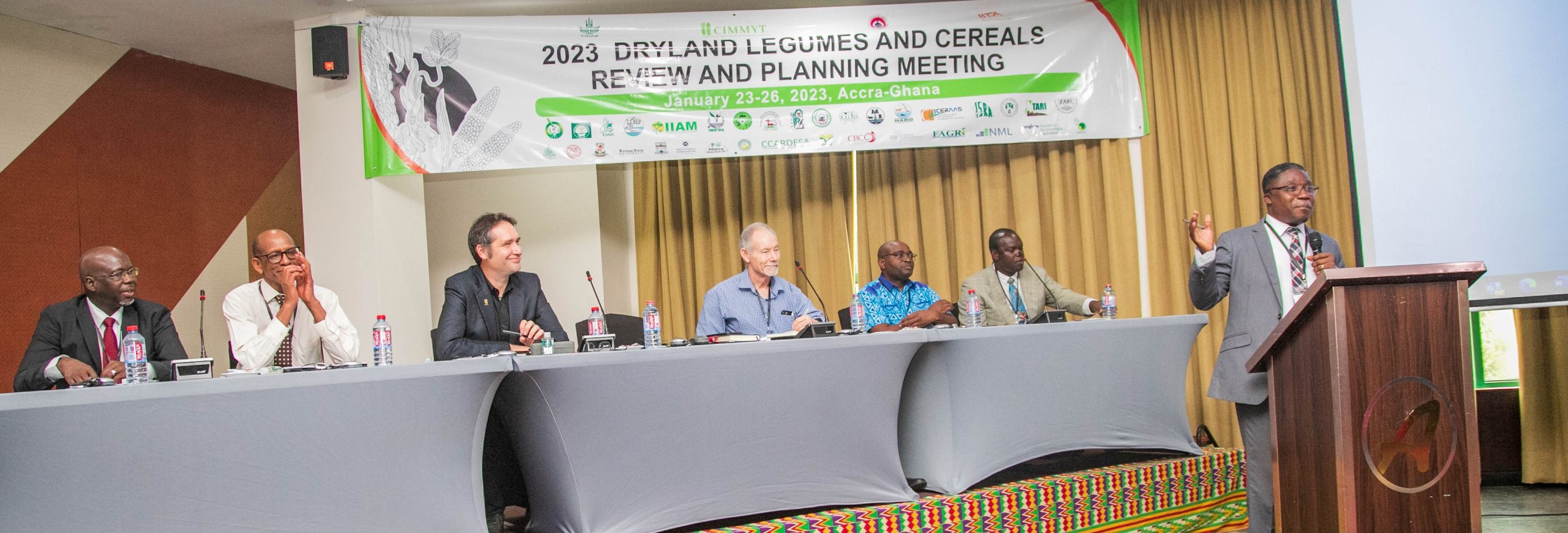
The formation of regional crop improvement networks took center stage at a meeting held in January 2023 in Accra, Ghana. The meeting convened more than 200 scientists and stakeholders in dryland crops value chains from 28 countries from Africa and across the globe to co-design a network approach.
The meeting followed a series of consultative visits and discussions between three CGIAR research centers — the International Maize and Wheat Improvement Center (CIMMYT), Alliance of Bioversity International and CIAT, and the International Institute of Tropical Agriculture (IITA) — African National Agricultural Research Institutes (NARIs), and other common-visioned partners during 2021 and 2022. These earlier discussions gathered insights, brainstormed, and co-designed approaches to empower national programs to deliver impact through their crop improvement programs.
“The idea is to add value to the existing capacities in National Agricultural Research and Extension Services, through networks where the partners agree on the goals and resources needed to achieve desired outcomes. So, it’s really a collaborative model,” said Harish Gandhi, breeding lead for dryland legumes and cereals at CIMMYT. He added that the teams have been learning from and aiming to add value to existing models such as the Pan-Africa Bean Research Alliance (PABRA), USAID Innovation Labs, and Innovation and plant breeding in West Africa (IAVAO).
Paradigm shift for African National Agricultural Research Institutes
Making the opening remarks, Ghana Council for Scientific and Industrial Research (CSIR) Director General, Paul Bosu said that at the very least, African countries should aim to feed themselves and transition from net importers to net exporters of food. “Dryland legumes and cereals, especially millet and sorghum, are very well adapted to the continent and offer great opportunity towards achieving food security”, said Bosu. He applauded the Bill & Melinda Gates Foundation and other partners for investing in research on these crops.
Representing West and Central African Council for Agricultural Research and Development (CORAF), Ousmane Ndoye noted that research in dryland legumes and cereals is a valid and needed action amidst the COVID-19 pandemic and civil unrest in different parts of the world. He added that the first and crucial step to increasing food production especially in sub-Saharan Africa is the availability of sufficient quantities of seed.
Director General of Uganda’s National Agriculture Research Organization (NARO), Ambrose Agona observed that a paradigm shift should occur for desired transformation in agriculture. He noted that African governments ought to commit adequate budgets to agriculture and that seed funding should serve to complement and amplify existing national budgets for sustainability.
He commended efforts to consult NARIs in Africa and noted that the quality of ideas exchanged at the meeting strengthen the work. “The NARIs feel happier when they are consulted from the very beginning and contribute to joint planning unlike in some cases where the NARIs in Africa are only called upon to make budgets and are excluded from co-designing projects”, said Agona.
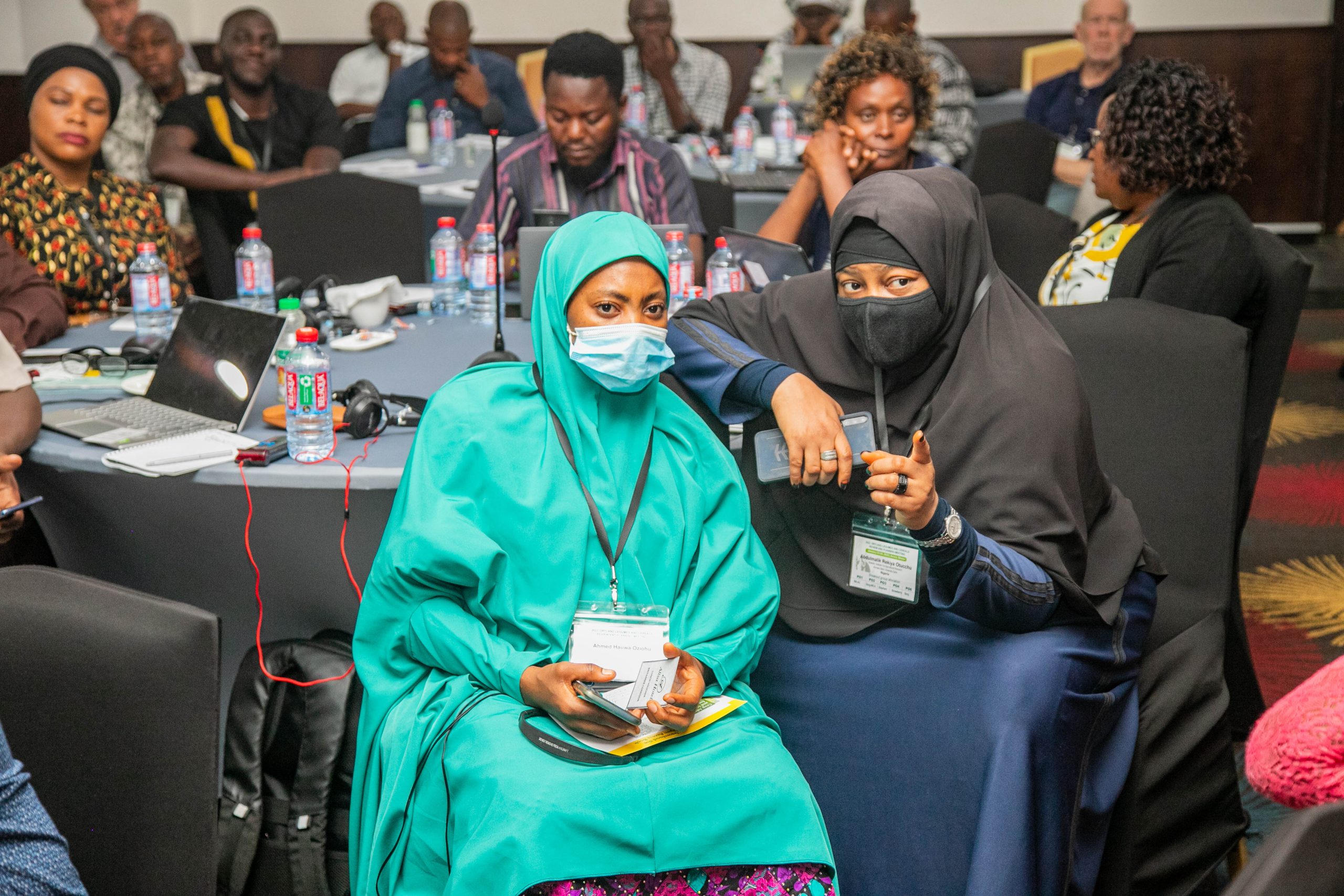
Challenge to deliver effectively
During his remarks at the meeting, CIMMYT Director General Bram Govaerts noted that the focus legume and cereal crops are key to transforming and driving diversification of food systems in Africa. “It is therefore an honor and a privilege to work together with partners to improve cereal and legume systems. We will put forward our experience in breeding and commit to innovative systems approaches towards achieving impact and leverage what we are already good at, to become even better,” said Govaerts.
Referencing his visit with the United States Special Envoy for Global Food Security Cary Fowler to Southern Africa in January 2023, Govaerts narrated witnessing firsthand a food, energy and fertilizer crisis impacting Zambian and Malawian farmers. He challenged the meeting participants to envision the future impact they would like to see their breeding programs have as they design and strategize at the meeting. He pointed out that farmers are more interested in the qualities and characteristics of varieties released than the institutions responsible for the release.
CIMMYT Global Genetic Resources Director and Deputy Director General, Breeding and Genetics, Kevin Pixley also underscored the need to generate more impact through adoption of improved varieties in Africa. Pixley noted that on average, fewer than 30 percent of farmers are using improved varieties of sorghum, millet, and groundnut across the countries with ongoing work.
The meeting heard One CGIAR’s commitment to deliver resilient, nutritious and market preferred varieties as part of its Genetic Innovation Action Area, alongside improving systems and processes for sustainability from CGIAR Senior Director Plant Breeding and Pre-Breeding, John Derera. Speaking in the capacity of IITA’s Breeding Lead, Derera noted the progress made in IITA cowpea breeding program, including its modernization, owing to strong partnerships, cross learning and germplasm exchange between institutions.
PABRA Director & Leader of the Bean Programme at the Alliance of Bioversity International and CIAT, Jean-Claude Rubyogo, pointed out that despite remarkable achievements, such as those witnessed in the bean research, more effort is needed to tackle the challenges of climate change and also increase understanding of consumers traits.
Commenting on innovative pathways to improve adoption of improved varieties, the Director General of the Institute of Agricultural Research (IAR) in Zaria, Nigeria, Mohammad Ishiyaku observed the tendency for some seed companies to continue selling specific seed varieties for years, even when the productivity of the variety is low. He noted the seed companies always claimed consumer preferences concluding then that amidst investor demands, breeders ought to keenly investigate the expectations of consumers and famers to arrive at the best parameters for breeding choices.
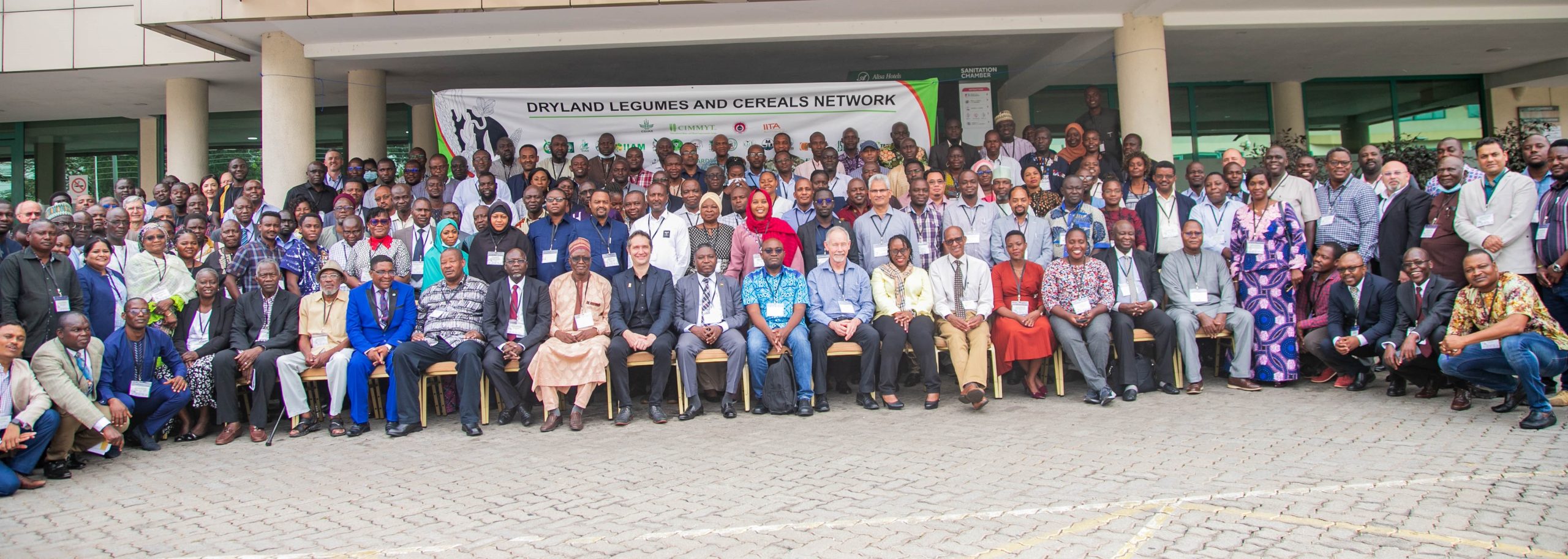
International Year of Millets, 2023
The gathering commemorated the International Year of Millets by listening to a keynote address on “Millets for food and nutritional security and mitigating climate change – #IYM2023” by Lake Chad Research Institute, Nigeria, Research Director, Zakari Turaki. The keynote was followed by statements on the importance of millets for various countries and wider Africa from: Sanogo Moussa Daouda, representing Director General of Mali’s Institut d’Économie Rurale (IER); Ibrahima Sarr, Director of Senegal’s Institut Sénégalais de Recherches Agricoles’s Centre National de Recherches Agronomiques; Hamidou Traore, Director of Burkina Faso’s Institut de L’Environnement et de Recherches Agricoles; and Ambrose Agona, Director General of NARO, Uganda.
High-level statements on approaches to gender integration in agricultural research and development were delivered by Scovia Adikini, NARO millet breeder, Geoffrey Mkamillo, Director General of Tanzania’s Agricultural Research Institute (TARI), Francis Kusi of Ghana’s Savanna Agricultural Research Institute (SARI), and Aliou Faye, Director of Senegal’s Regional Center of Excellence on Dry Cereals and Associated Crops (CERAAS).
AVISA Achievements
Finally, this meeting marked the transition from the recently ended Accelerated Varietal Improvement and Seed Systems in Africa (AVISA) project to align with One CGIAR initiatives under the Genetic Innovation Action Area, with specific focus on dryland crops.
Solomon Gyan Ansah, the Director of Crop Services at the Ministry of Food and Agriculture, Ghana, acknowledged the success of AVISA Project and commended the forum’s efforts to build on the gains made by the project in developing the new approach.
“By the end of 2022, AVISA project partners had reached 4.8 million farmers with 30,600 metric tons of seed of improved legume and cereal varieties, covering almost one million hectares of land”, revealed Chris Ojiewo, Strategic Partnerships and Seeds Systems Lead. Other achievements supported by the AVISA Project include upgrading of NARES facilities and building capacities of researchers through short- and long-term trainings.
The meeting was hosted by Ghana Council for Scientific and Industrial Research (CSIR) and Ghana’s Savannah Agricultural Research Institute (SARI), and was organized by CIMMYT, in partnership with IITA and the Alliance of Bioversity and CIAT (ABC).
